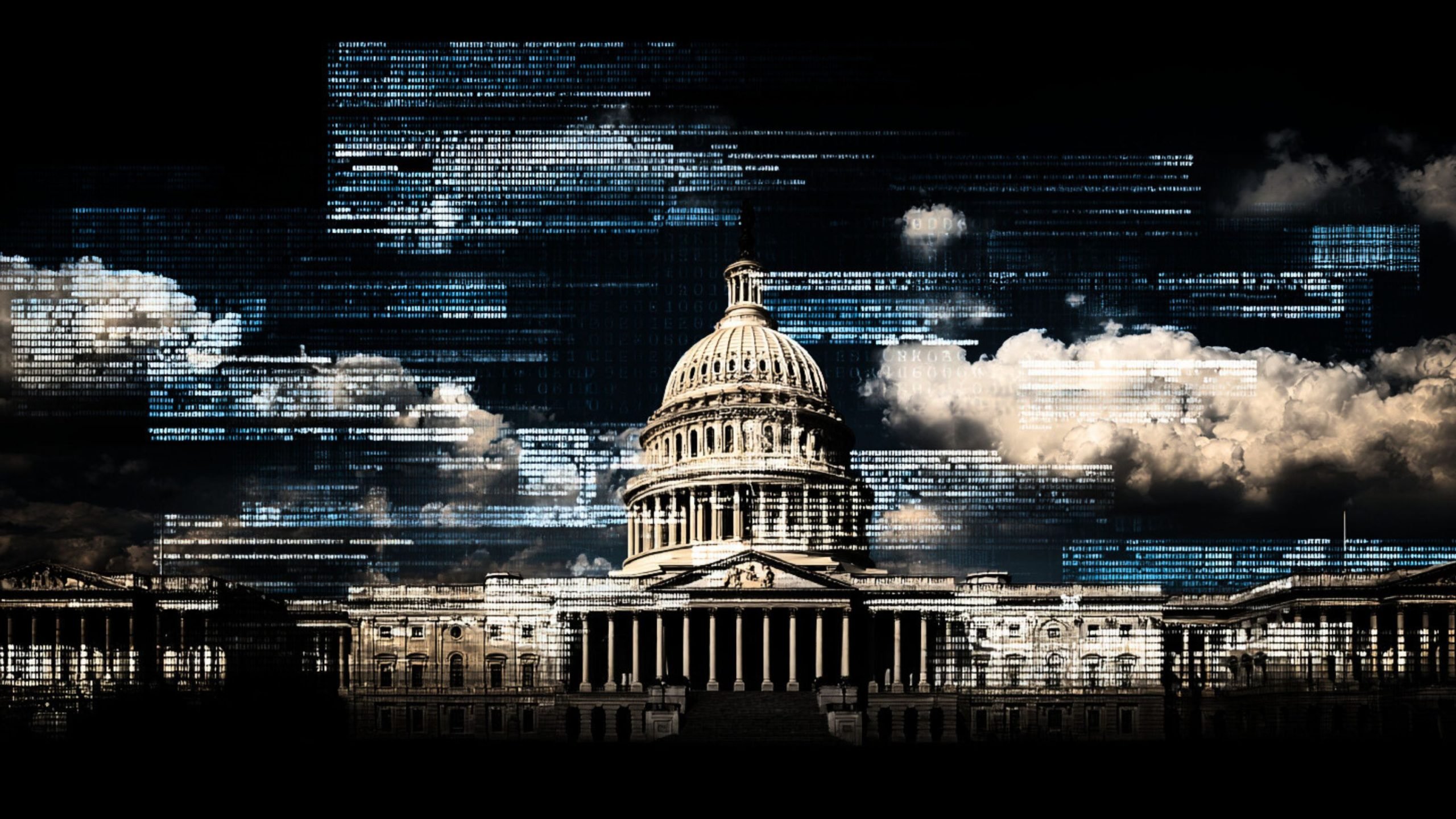A contentious Senate Commerce Committee hearing on Tuesday laid bare deep divisions over the role of the federal government in influencing what Americans are allowed to say online.
While Republican lawmakers and witnesses presented extensive evidence of federal agencies pressuring tech platforms to silence the dissent of the public, Democrats largely sidestepped those concerns and instead zeroed in on a controversy involving late-night host Jimmy Kimmel where ABC owner Disney temporarily took him off air over comments related to the assassination of political activist and commentator Charlie Kirk.
Senator Eric Schmitt (R-MO) opened the hearing with a warning about what he described as a “vast censorship enterprise” operating under the Biden administration.
He called for the passage of two bills aimed at curbing such activity: the Collude Act, which would revoke Section 230 protections from tech firms that censor speech at the request of government officials or affiliated organizations, and the Censorship Accountability Act, which would allow citizens to sue federal employees who violate First Amendment rights by coordinating with private companies to suppress lawful expression.
“Congress must act to dismantle this unconstitutional alliance between Big Tech and Big Government that has deprived Americans of their most fundamental right,” Schmitt stated.
The hearing, titled “Shut Your App: How Uncle Sam Jawboned Big Tech Into Silencing Americans,” featured testimony from several individuals who said they had been targeted as a result of government-backed efforts to influence speech online.
Sean Davis, CEO of The Federalist, testified that his outlet was hit by a coordinated censorship campaign involving both US agencies and foreign-linked organizations.
“The drive to silence speech ends in the violent elimination of speakers and is driven by a totalitarian desire for total power,” Davis said. He pointed to the Cybersecurity and Infrastructure Security Agency (CISA), the Global Engagement Center (GEC), and the UK-based Global Disinformation Index (GDI) as players in a multi-year effort to limit the reach of disfavored viewpoints.
Independent journalist Alex Berenson told the committee he was suspended from X (then-Twitter) in 2021 after posting accurate information about COVID-19 that conflicted with official messaging.
He blamed a coordinated effort by the Biden administration and highlighted that one of his lawsuits, Berenson v. Biden, had been dismissed due to a legal loophole that protects government officials from financial liability. “What I said was true,” Berenson testified.
He called on lawmakers to fix that loophole, saying it allows federal employees to push censorship through private companies without consequence.
Rather than engage with those claims, Democratic senators redirected the conversation toward an unrelated controversy involving FCC Commissioner Brendan Carr and comedian Jimmy Kimmel.
Senator Maria Cantwell (D-WA) accused Carr of retaliatory rhetoric after he commented on Kimmel’s criticism of former President Trump.
“He may have threatened retaliation in a way that would violate the First Amendment,” Cantwell said, demanding Carr be held accountable. Despite the hearing being focused on years of censorship allegations under the Biden administration, Cantwell’s attention remained fixed on the brief removal of a talk show host from the air.
Senator Jacky Rosen (D-NV) took a similar approach. “Thank you for being here today and speaking your mind. It’s about the First Amendment. Appreciate that. Because the freedom to express yourself and speak your mind is the cornerstone of America. It’s one of the main ways we distinguish ourselves from other nations,” Rosen said. “In the United States, you are free to criticize whomever you want, including government leaders, without government censorship.”
But her comments quickly shifted toward the FCC controversy. “Rather than providing us with a forum that will evaluate truly harmful government censorship, we’re undertaking an effort to settle old political scores against an administration that is no longer in power,” Rosen said, accusing Republicans of using the hearing for partisan ends.
She continued, “Two weeks ago, I sent a letter to Chairman Cruz calling for the FCC Chairman to testify before this committee after he threatened to revoke broadcast licenses over Jimmy Kimmel’s comments criticizing President Trump. I was particularly concerned, as I know the Chair was, from his statements calling the threat mafia-like.”
“There’s no exceptions. You have free speech or you don’t. And we know those limits. There’s precedent for that,” Rosen added. “His comments, Chairman Carr’s, were reprehensible and his demands of full accountability, and we demand full accountability.”
While Rosen and Cantwell continued to focus on the FCC and Kimmel, the testimony presented by Republican witnesses painted a broader picture of systemic efforts to suppress online speech through informal backchannels and coordinated pressure from federal agencies.
Eugene Volokh, a legal scholar affiliated with the Hoover Institution and UCLA, and Gene Kimmelman, a policy fellow with Yale and Harvard, also testified.










